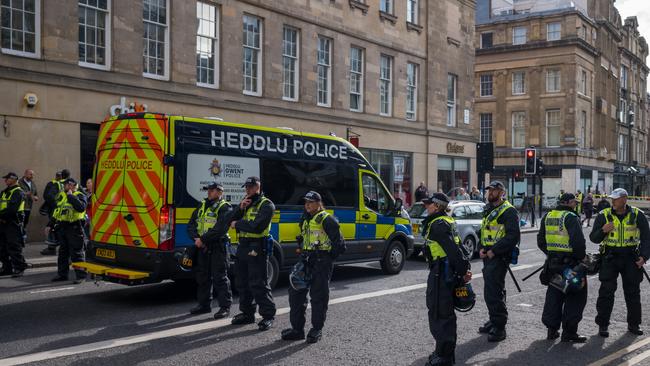
It came out in court that the retired train driver, now mainly a carer for his sick wife, was contrite and embarrassed by his behaviour, but not enough to avoid jail time in what is a ludicrous, obscene infringement of what should be the man’s fundamental rights.
The riots and protests across Britain last month and this month that centred on extreme immigration have triggered a raft of shocking arrests and incarcerations of ordinary Britons for their opinions and social media posts, including of one elderly man who barely understood what he was being arrested for, in his home, by two police officers.
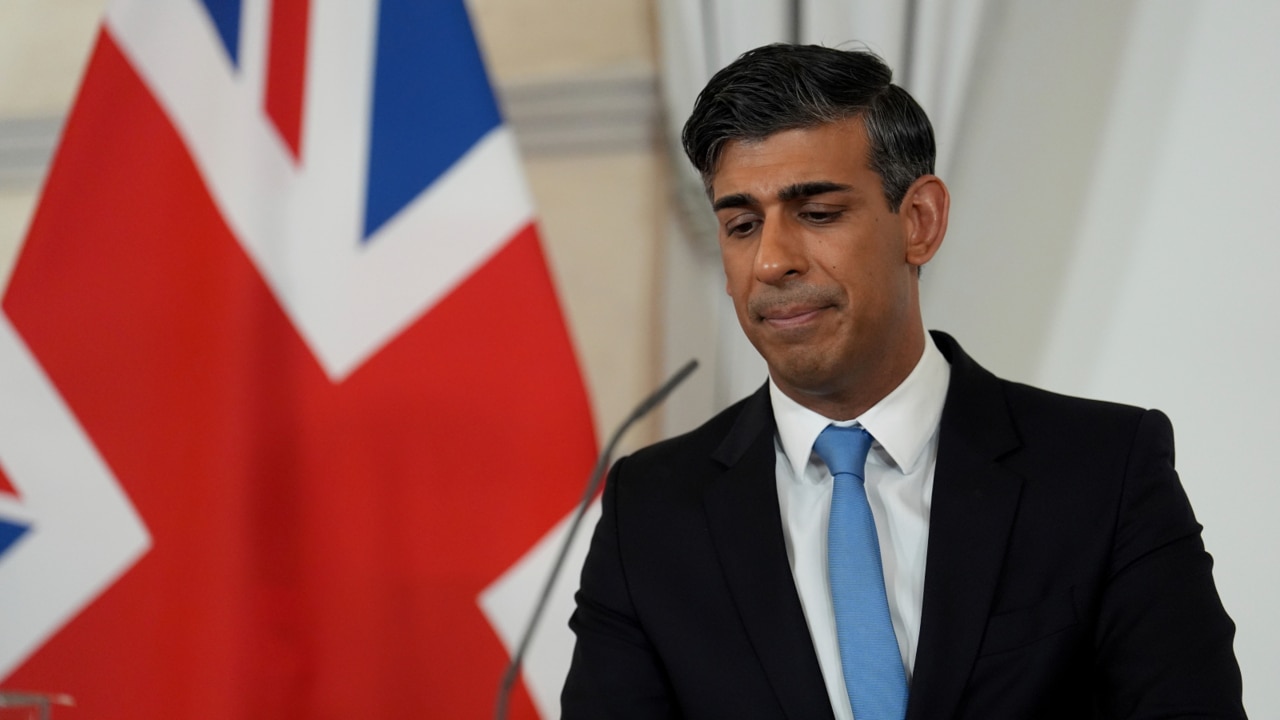
“You’ve made some comments that are offensive or obscene and people have made complaints,” the officer told him as she put her gloves to search him. You really have to see it believe it.
British police raid homes of British elderly people over comments deemed inappropriate on social media. Soon also in your home. pic.twitter.com/XOKnbCJu9n
— RadioGenoa (@RadioGenoa) August 5, 2024
Even if some British people now feel safer (from hurt feelings?), it has been a deserved public relations disaster for Britain, especially in the US where mockery and condemnation of the UK have gone through the roof, particularly after one senior British police officer threatened to extradite Americans for posting offensive material.
“The fact that they’re comfortable with finding people who’ve said something that they disagree with and putting them in a f..king cage in England in 2024 is really wild,” Joe Rogan, a supporter of Bernie Sanders and Robert F. Kennedy, said last week on America’s most popular podcast.
X owner Elon Musk has urged his 189 million followers to “Support freedom of speech in the UK!” as part of a barrage of memes and mockery of British rough justice, echoed by countless influencers across the political spectrum. It is indeed shocking to see a country once at the vanguard of individual liberty so zealously arrest its own people over intemperate, rude or intolerant remarks, often made in their own homes, seen by relatively few people, and therefore falling far short of the “clear, present and imminent danger” required, in the US at least, for incitement to violence charges.
Earlier this year British pundit Konstantin Kisin told former Nationals leader John Anderson Britain had arrested more than 3000 individuals for online posts in a single year compared with 400 in Russia, which has about 2½ times the population.
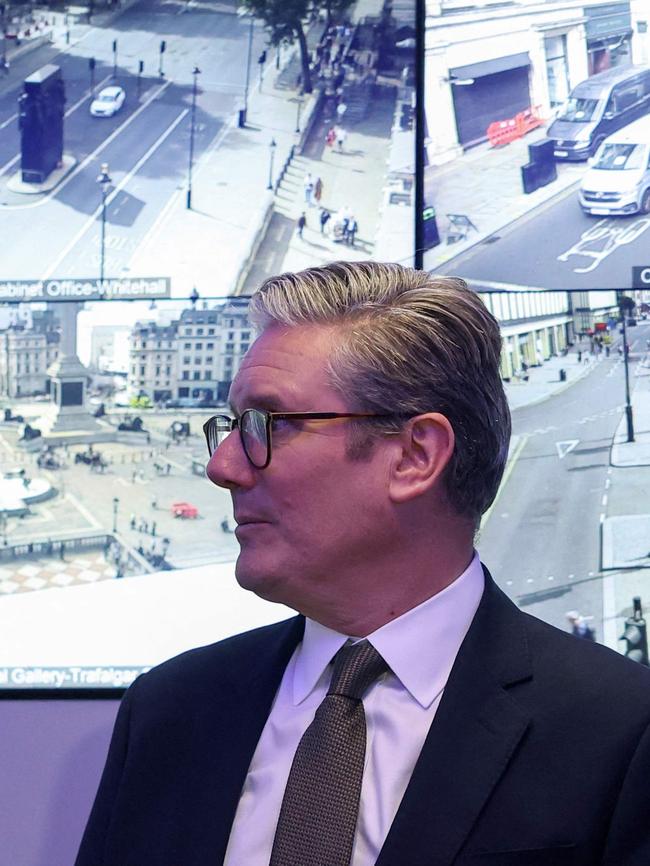
Whatever the exact figures, it’s suggestive of how the West is becoming more censorious than even traditional authoritarian regimes. In China, online “wrong think” attracts a demerit from one’s social credit score; perhaps that’s where Britain is heading once its jails become too full of working-class “racists”.
Australia is surely on the same path, given it was legal to arrest a pregnant woman in her home in Victoria for posting on Facebook her understandable disdain for destructive multi-month pandemic lockdowns.e
The poorly written laws that permit such arrests in Britain – such as the 2003 Communications Act, which makes it illegal to send any message on an electronic messaging system, even among private chat groups, that is “grossly offensive or indecent, obscene or menacing, or false, for the purpose of causing annoyance, inconvenience or needless anxiety to another” – have been around for some time.
A generation ago police and governments were wiser, realising that jailing or censoring people for their beliefs would only draw attention to the remarks and stoke further political resentment, which is what has happened in Britain. What has changed is the culture, an obsession among elite policymakers and some journalists with stamping out “misinformation” and “disinformation” – words that were barely heard a decade ago, when right, wrong, lying and propaganda were sufficient – and purifying public (even private!) debate of any remarks deemed politically incorrect.
This week a Washington Post reporter seriously asked White House press secretary Karine Jean-Pierre ahead of Musk’s interview with Donald Trump: “What role does the White House or the president have in sort of stopping that or stopping the spread of that (misinformation)?”
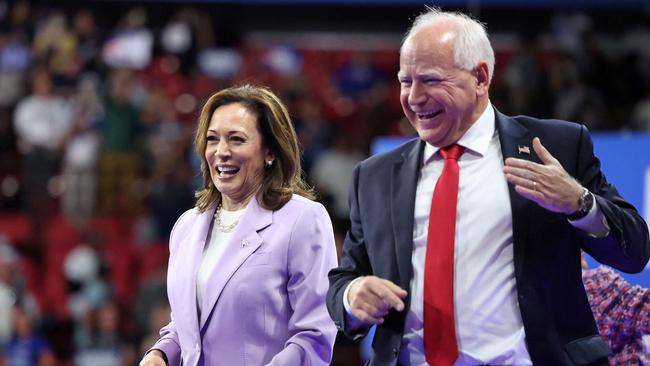
In a world where much of the mainstream media outlets are increasingly biased, it’s even more important that ordinary people can have their say unimpeded, despite the offence or “wrongness” they generate.
Even the elite California audience of US comedian Stephen Colbert burst out laughing this week when he told CNN anchor Kaitlan Collins: “I know you guys are objective over there, that you just report the news as it is.”
“Is that supposed to be a laugh line?” she said awkwardly.
It wasn’t.
Many of us flippantly like to say “we’re a free country”, but increasingly that’s not so, despite all the well-funded human rights outfits.
Too few people realise democracies are capable, wittingly or unwittingly, of doing stupid, even evil things and trampling over rights that earlier generations have taken for granted. The idea governments, themselves often the biggest purveyors of misinformation, are well placed to police the truth or the limits to taking offence is egregiously wrongheaded.
Right and wrong are highly slippery concepts, best left to civil society to sort out. Let bigoted sentiments be called out by more and better speech.
Americans who don’t like what they see in Britain should beware a Harris-Walz administration.
“There’s no guarantee to free speech on misinformation or hate speech, and especially around our democracy,” Democrat vice-presidential candidate Tim Walz told MSNBC last week, in what ironically was itself misinformation: there most certainly is, as numerous Supreme Court verdicts have declared.
At least Britain’s spate of arrests for offensive statements and memes has drawn attention to the dwindling rights of the individual across Western nations, as an increasingly culturally remote ruling class seeks to impose its values on everyone else.



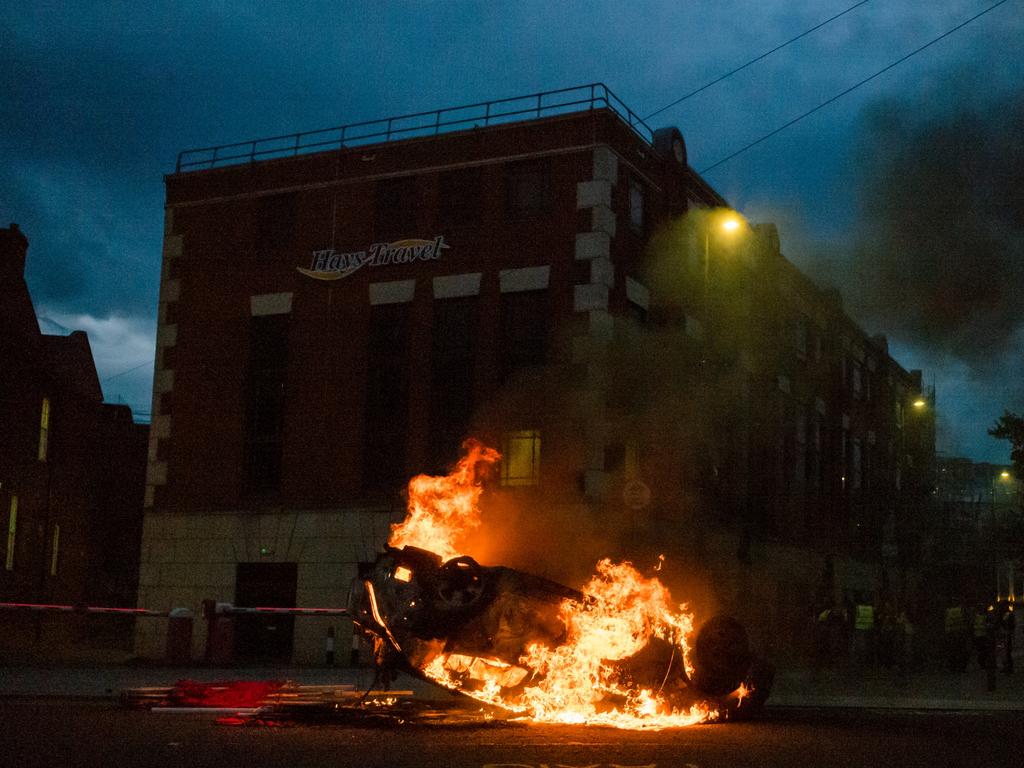
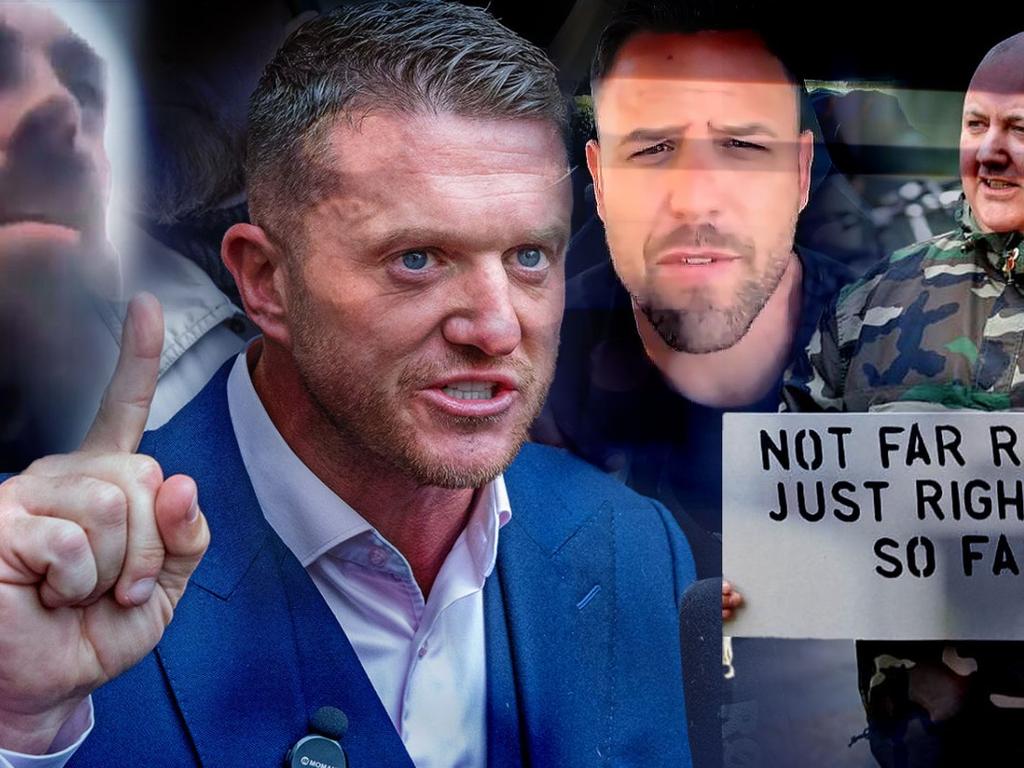


The British courts jailed a 61-year-old Sutton man, David Spring, for 18 months on Tuesday, according to Your Local Guardian, for yelling “who the f..k is Allah” and calling police officers the C-word at an anti-immigration protest near Downing Street in July.